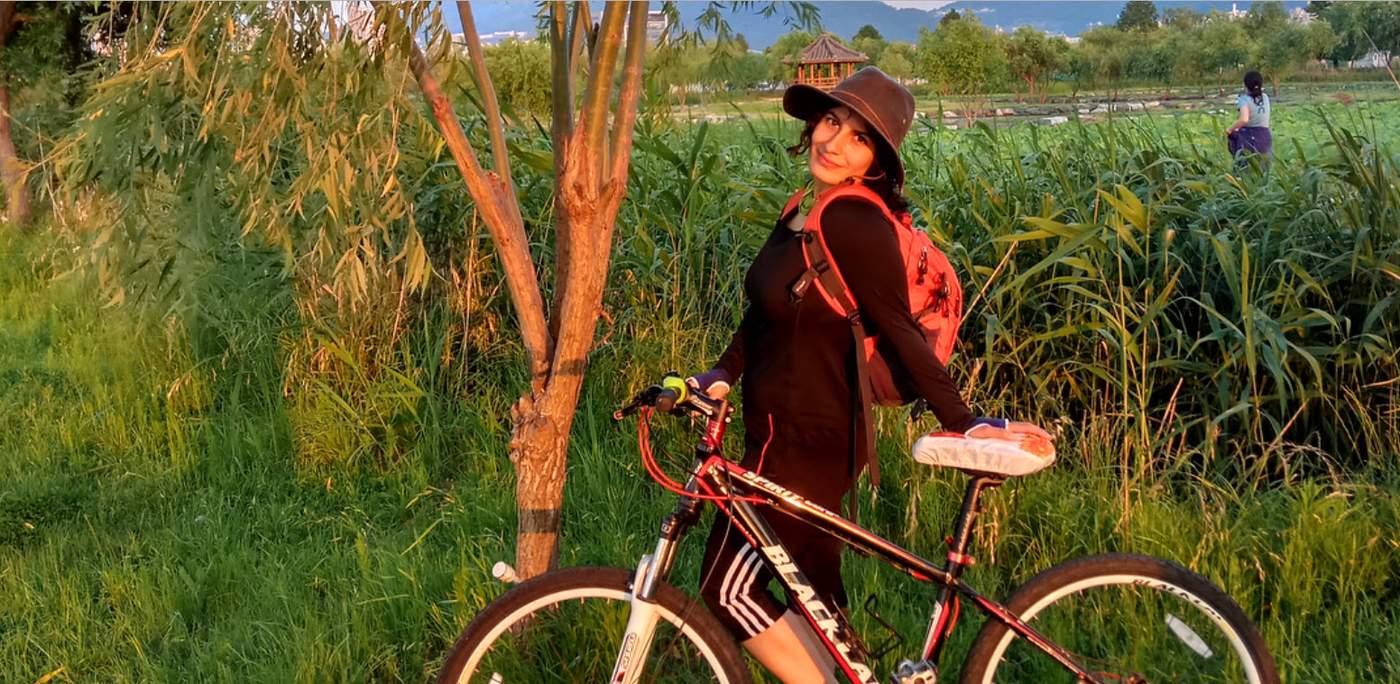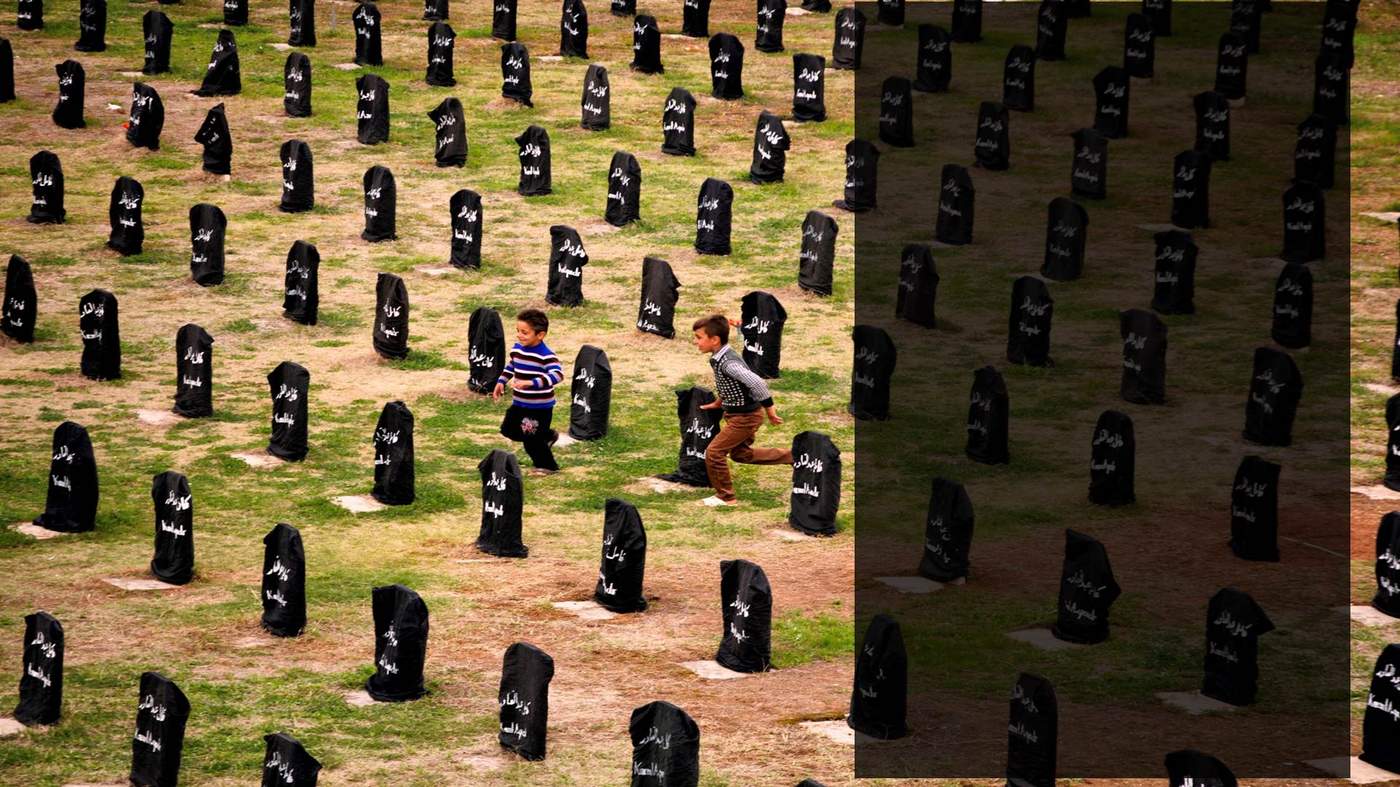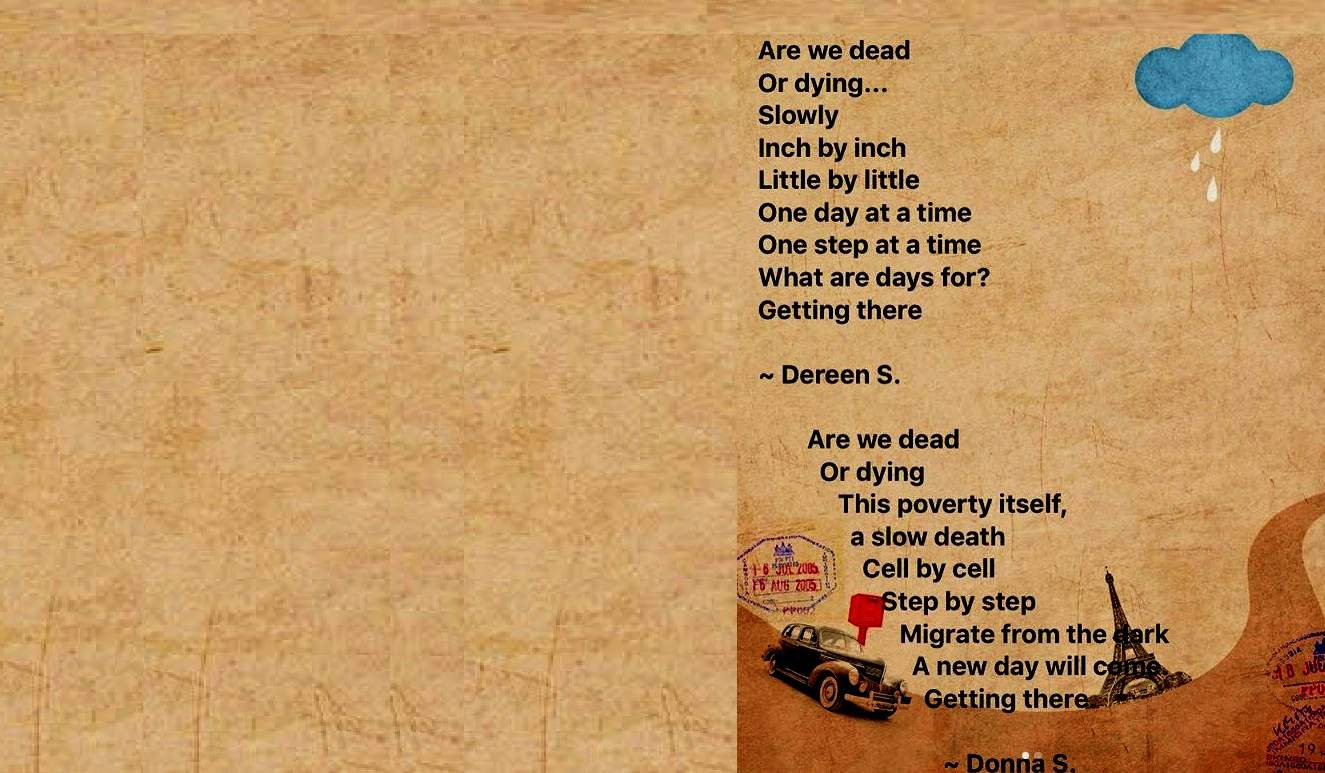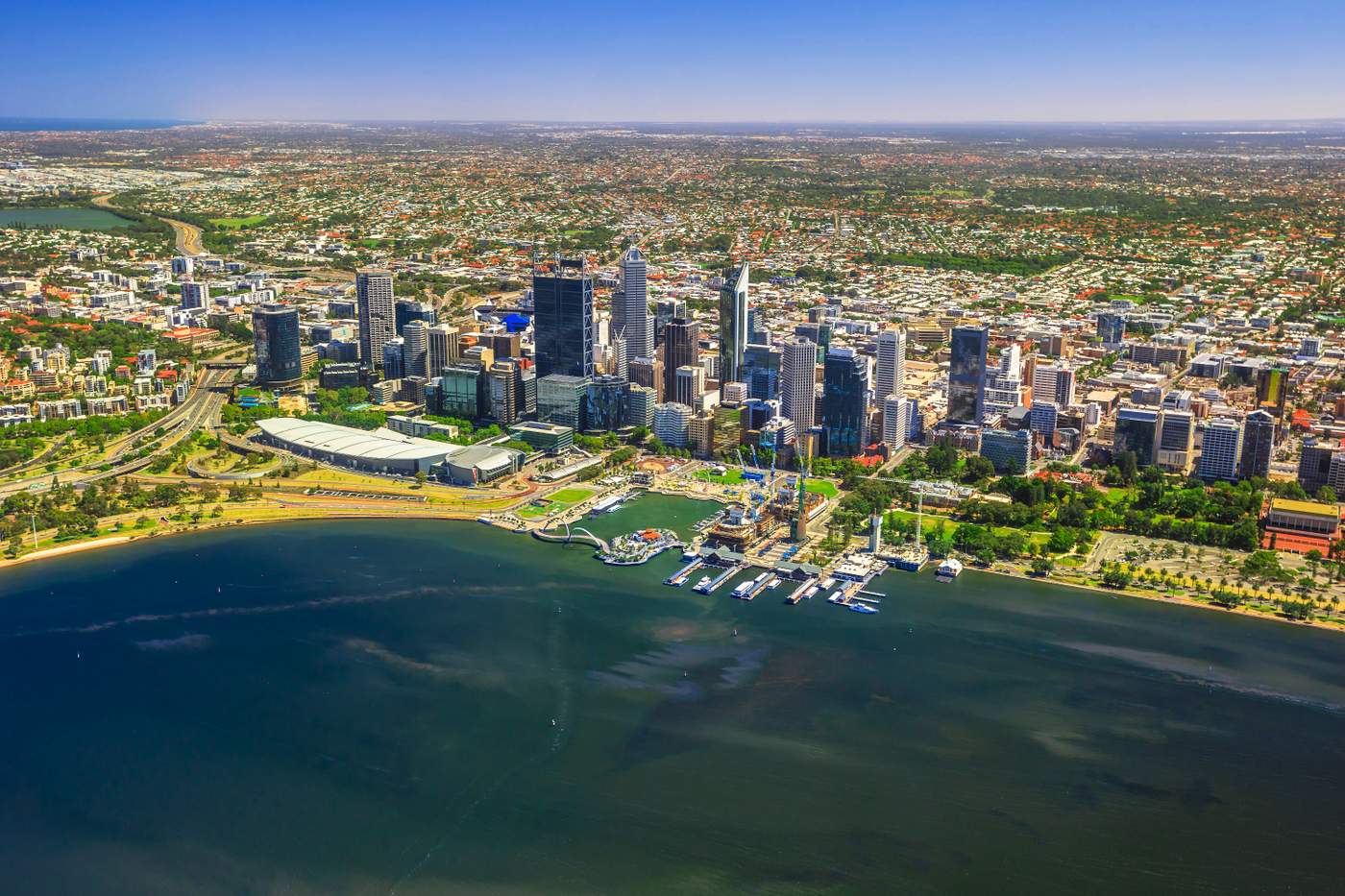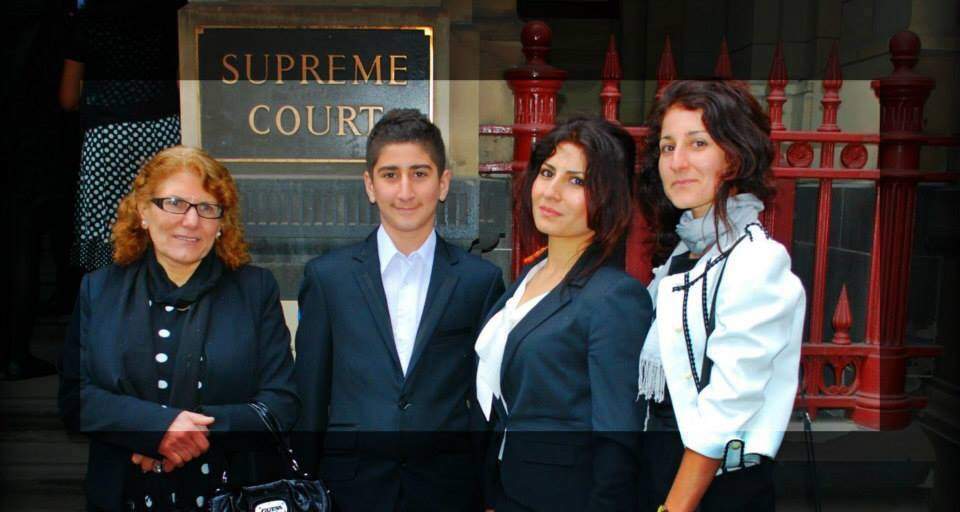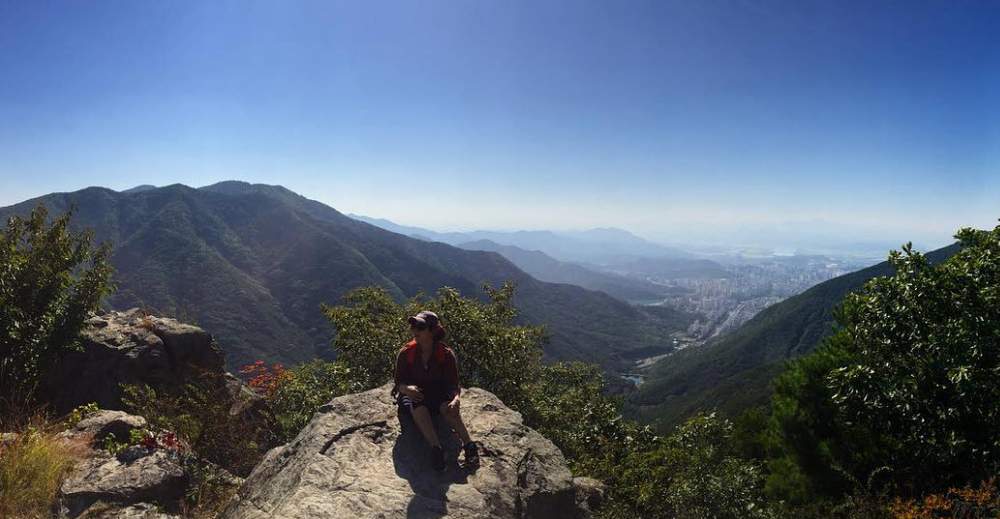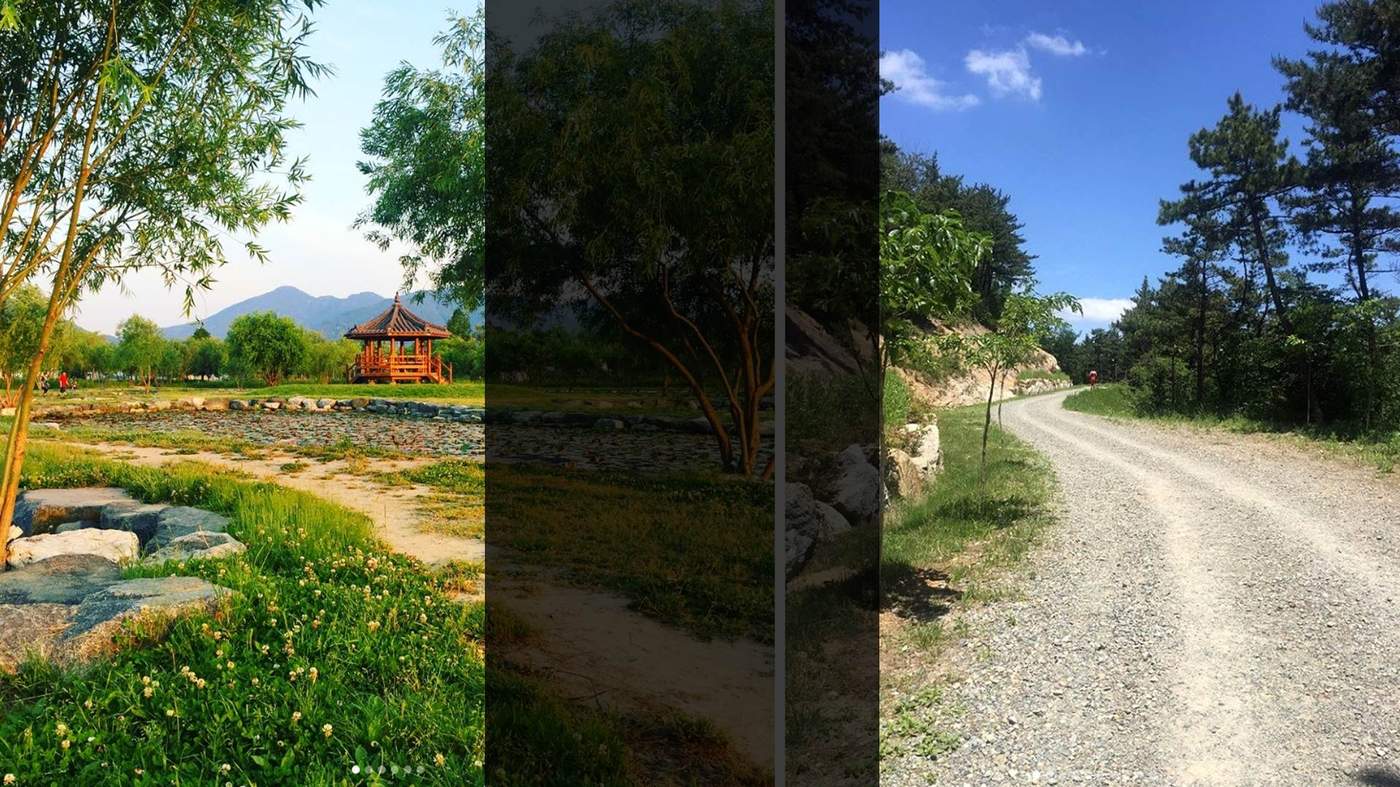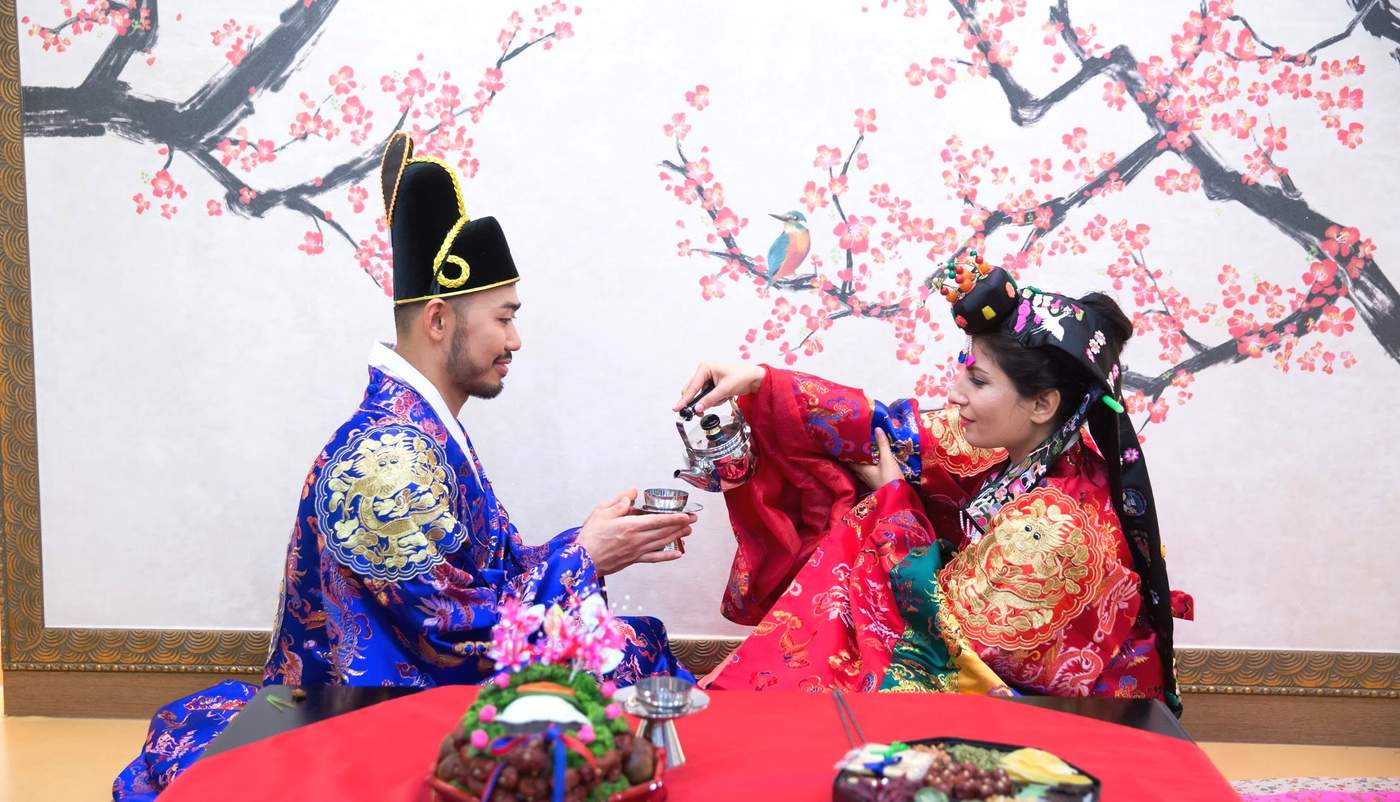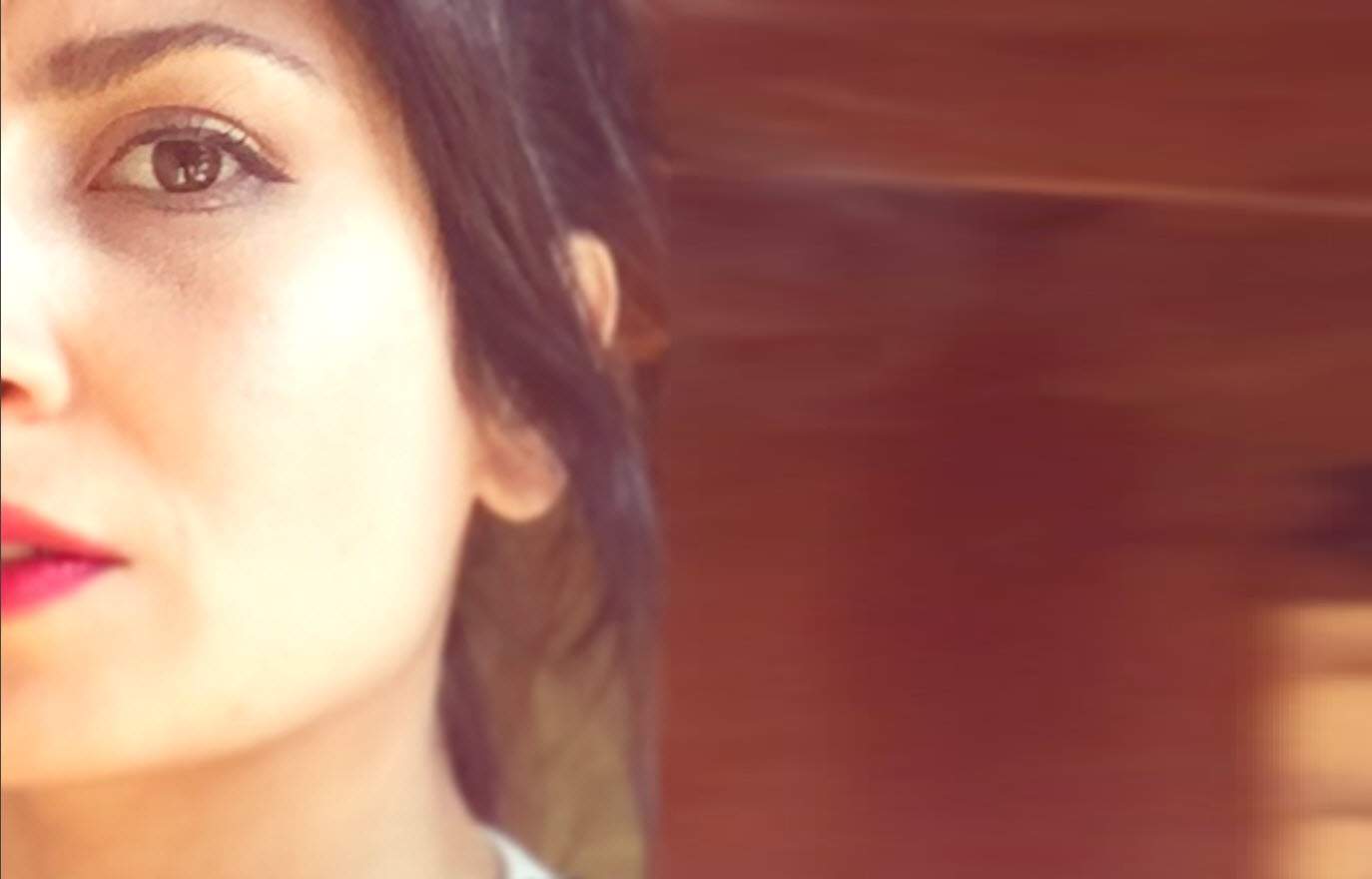Donna Sherwani was 12 years old when she set out with her family on a dangerous journey from the Kurdistan Region of Iraq.
She reached Indonesia, together with her parents, brother and sister.
They boarded a small fishing boat with dozens of others, all risking their lives to cross the Indian Ocean to their final destination: Australia.
When she was born in 1987, Donna’s parents named her Dechol.
Her name was unusual.
In Kurdish it means "abandoned village” or "ghost town."
She felt it was too heavy to carry the weight of "Dechol" around, so as soon as she arrived in Perth, she named herself Donna, meaning woman in Italian.
During their journey to Australia, Donna turned 13.
She recalls it being a difficult age: “I wasn’t too young and yet not an adult.”
But she doesn’t remember questioning her parents about where they were going or why.
She says, “I don’t think my parents had any answers themselves. We were just going with the flow.”
The boat journey took about seven days.
“It felt so crowded on that boat. I used to say there were 70 to 80 people on board, but my mother says that there were only 35,” she says.
The boat often rocked from side to side vigorously, causing panic among the asylum seekers on board, particularly the children, who screamed thinking it would tip over.
“Later we learnt how to keep it balanced by having equal numbers of people on each side of the boat at all times,” Donna recalls.
“We had little food on board, mostly dry noodles. Some people were better prepared for the journey. Another family had fruit with them, and I remember just watching them eat it and wishing I could have some too.”
She decided to move to South Korea after meeting her future husband while studying at university in Melbourne.
“I met Minsik, who was a student from South Korea, and one day I showed him around Melbourne. Then we became friends.”
Soon after Donna moved to South Korea with Minsik, she met his family and the couple got engaged.
“Minsik is a wonderful person. After I met his family, I fell in love with them, too.”
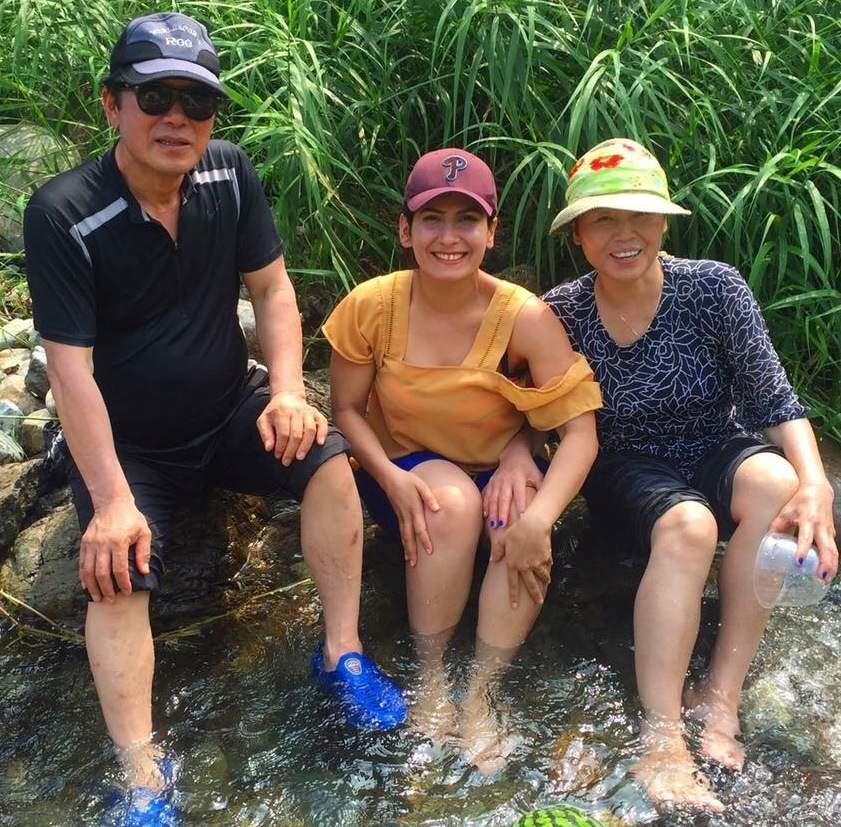
When Donna and Minsik tied the knot almost two years ago, Donna’s family travelled to South Korea to be part of their daughter’s special day.
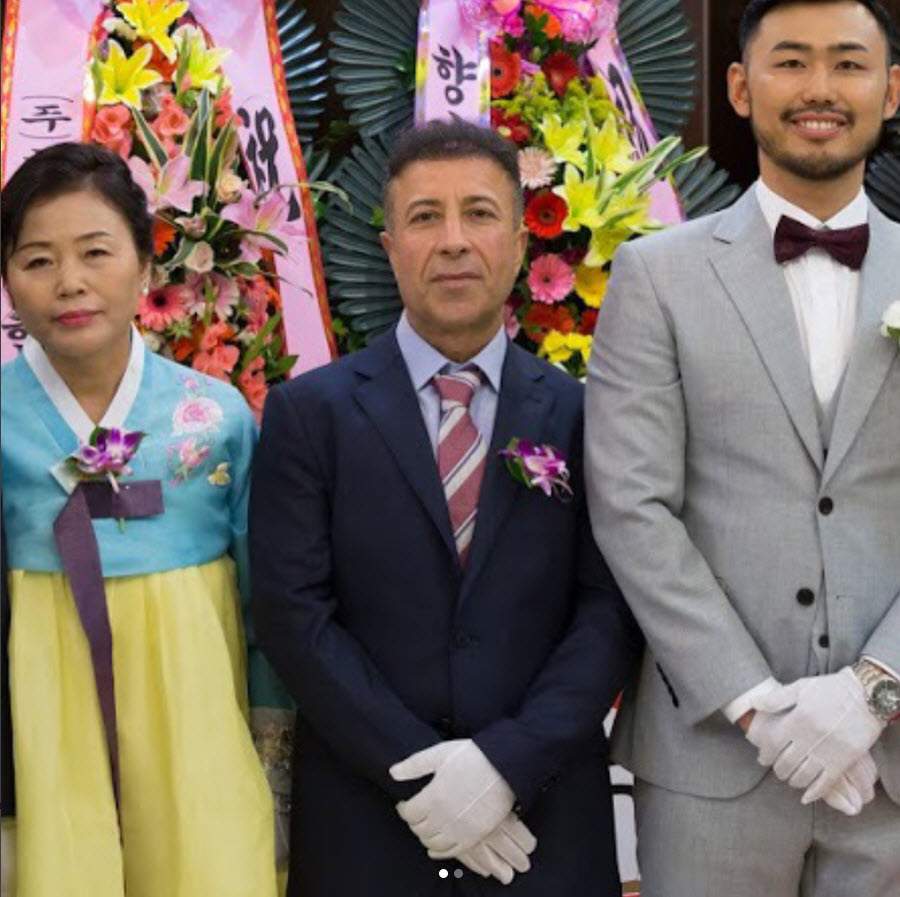
For more content in Kurdish and in English, SBS Kurdish
www.sbs.com.au/kurdish
And Like SBS Kurdish Facebook page https://www.facebook.com/SBSKurdish/
